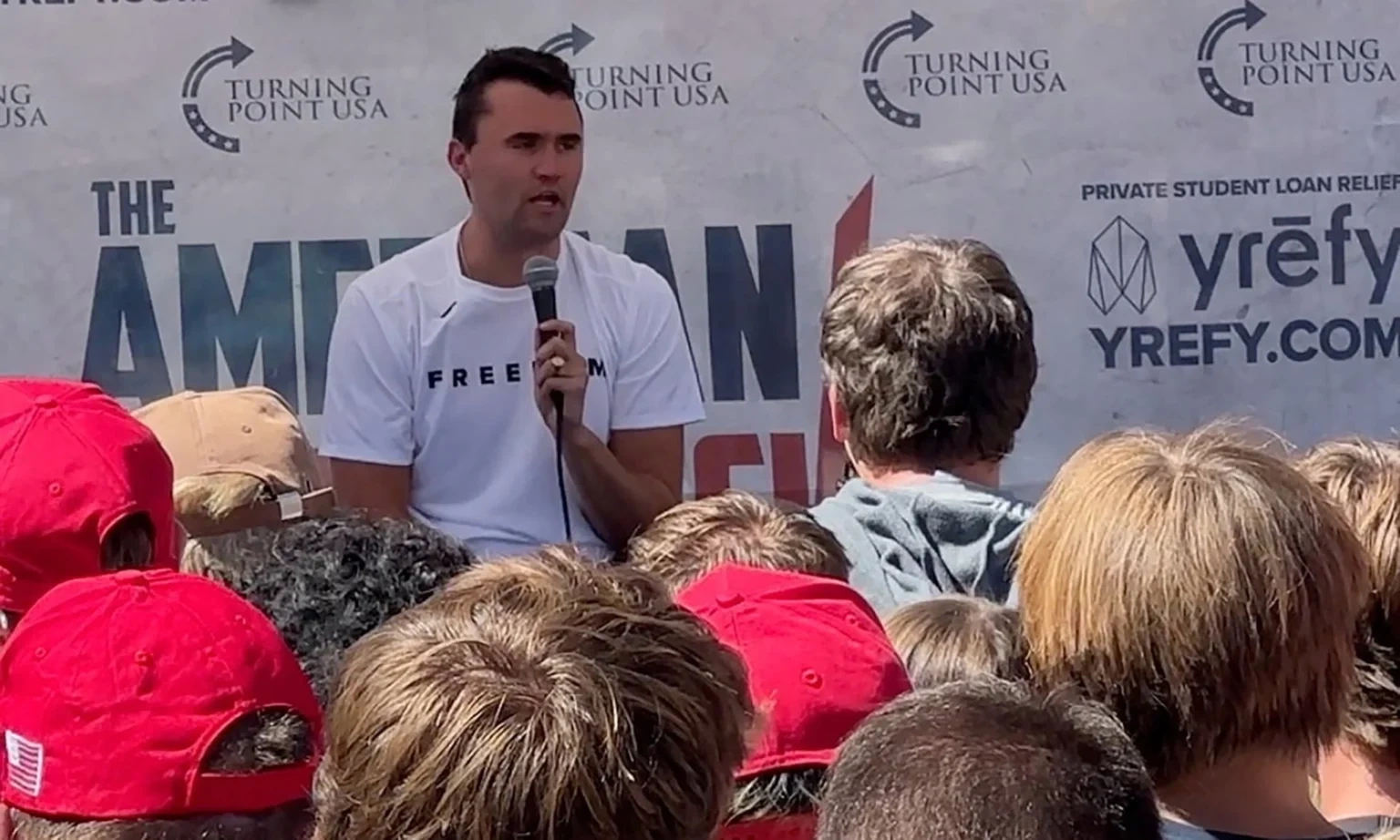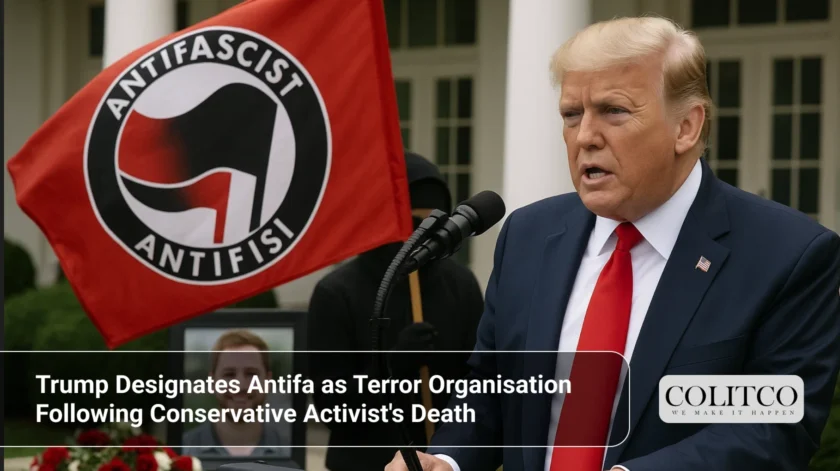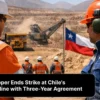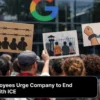President Donald Trump announced early Thursday that he will designate the anti-fascist movement Antifa as a “major terrorist organisation,” marking his most significant response to the recent assassination of conservative activist Charlie Kirk.
The announcement came via Truth Social while Trump was conducting a state visit to the United Kingdom, describing Antifa as a “sick, dangerous, radical left disaster.”
What Prompted the Designation
Trump’s decision follows the killing of Charlie Kirk, founder of Turning Point USA, who was shot during a university event in Utah on September 10, 2025. The 31-year-old conservative activist was delivering a speech at Utah Valley University when he was fatally wounded by a single shot fired from long range.
🚨 “I am pleased to inform our many U.S.A. Patriots that I am designating ANTIFA, A SICK, DANGEROUS, RADICAL LEFT DISASTER, AS A MAJOR TERRORIST ORGANIZATION…” – President Donald J. Trump pic.twitter.com/irLHCkrX1n
— The White House (@WhiteHouse) September 18, 2025
Tyler Robinson, a 22-year-old Utah resident, has been charged with aggravated murder and faces the death penalty for Kirk’s assassination. Investigators say Robinson had developed an obsession with Kirk and confessed to the killing in text messages.
The incident has intensified political tensions across the United States, with Trump administration officials claiming the killing was part of an organised campaign by left-wing activists.
Understanding What Antifa Actually Is
Antifa, short for “anti-fascist,” refers to a decentralised network of far-left militants rather than a single organisation with formal leadership. The movement comprises various groups that oppose what they consider fascist, racist, or far-right extremist activities.
Key characteristics include:
- Decentralised structure: No central leadership or formal membership
- Direct action tactics: Counter-protests, confrontations, and occasional violence
- Historical roots: Traces back to 1930s German anti-fascist movements
- Ideology: Blend of anarchist, communist, and socialist views
According to the Center for Strategic and International Studies, Antifa activists organise through social media and encrypted messaging services, often forming “black blocs” during protests.
Legal Challenges to the Designation
Legal experts highlight significant constitutional and practical obstacles to designating a domestic movement as a terrorist organisation. Current U.S. law only permits the designation of foreign terrorist organisations, not domestic groups.
Mary McCord, a former senior Department of Justice official, explained there is no mechanism for “designating domestic organisations as terrorist organisations” and such attempts would “raise significant First Amendment concerns.”
The challenges include:
- No legal framework for domestic terror designations
- First Amendment protections for political expression
- Practical enforcement issues given Antifa’s decentralised nature
- Due process concerns without clear organisational structure
Previous Attempts and Political Context
This isn’t Trump’s first attempt to label Antifa as a terrorist organisation – he made similar threats during his first presidency in 2020 following widespread protests after George Floyd’s death, but never followed through.
Trump’s former FBI director Christopher Wray previously testified that Antifa is “an ideology, not an organisation,” lacking the hierarchical structure typically required for terrorist designations.
The current announcement comes amid broader political tensions following Kirk’s assassination, with White House officials promising to investigate funding sources for left-wing activist groups.

Charlie Kirk was a conservative activist and speaker on campuses
Market and Economic Implications
While primarily a political development, the designation could affect various sectors monitoring regulatory changes and compliance requirements for organisations potentially caught up in expanded investigations.
Trump also indicated he would “strongly recommend” investigating those who fund Antifa activities, potentially impacting non-profit organisations and civil liberties groups operating in this space.
International Perspective
The designation reflects broader global trends of governments wrestling with how to address domestic political movements and extremism. Similar debates have occurred in other democracies regarding the balance between security concerns and civil liberties.
Critics argue the Trump administration is using Kirk’s killing as a pretext to target political opponents, noting that investigators have yet to establish a clear motive for the assassination.
What Happens Next
The White House has not provided details on how the designation would be implemented or enforced. A White House official told CNN this represents “just one of many actions the president will take to address left wing organisations that fuel political violence.”
Legal challenges are expected to emerge quickly, with civil liberties organisations likely to contest any formal designation through the courts.
The investigation into Kirk’s killing continues, with prosecutors seeking the death penalty for Robinson, whose trial is expected to begin next year.
FAQs
Q: Can the U.S. President legally designate domestic groups as terrorist organisations?
A: No existing federal law permits the designation of domestic groups as terrorist organisations, only foreign entities.
Q: What is Antifa’s actual structure?
A: Antifa is a decentralised movement without formal leadership, comprising various local groups with shared anti-fascist ideology.
Q: How does this differ from previous attempts?
A: While Trump made similar threats in 2020, this announcement comes with stronger rhetoric and promises of investigations into funding sources.












